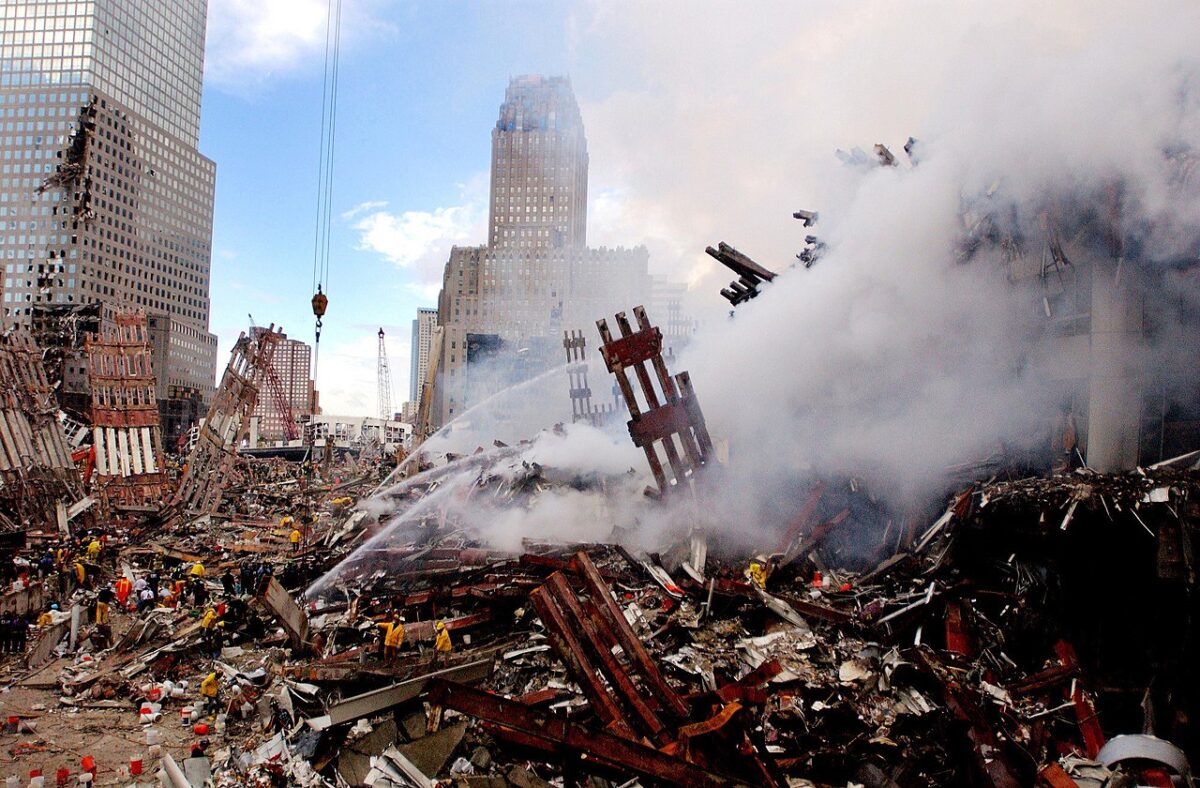It was a defining and surreal moment in global affairs.
On September 11, 2001, 19 Al-Qaeda terrorists hijacked four American commercial airliners and ruthlessly crashed them into the 110-storey World Trade Center in the heart of Manhattan, the Pentagon in Washington, D.C., and an empty field in Shanksville, Pennsylvania.
The sight of the iconic twin towers burning and imploding into thousands of pieces and shards was seared into the memory and consciousness of Americans and their friends.
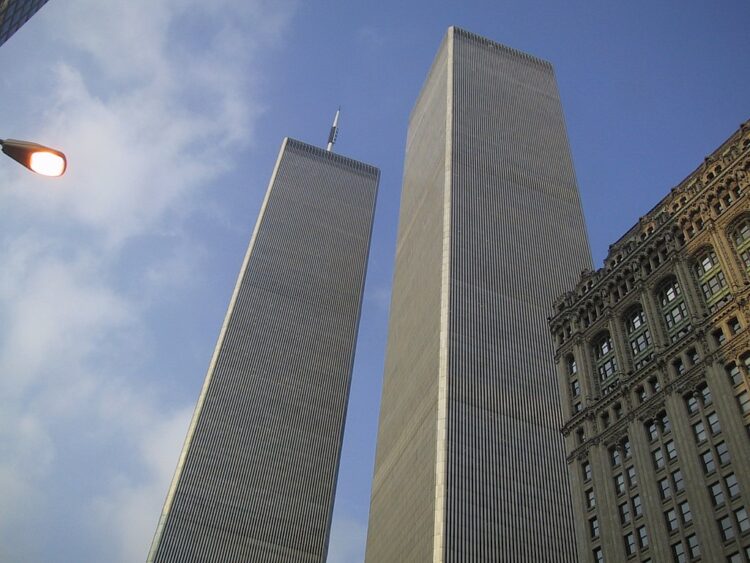
Nearly 3,000 people from 77 countries were killed and about 6,000 were injured. Among the dead were 400 New York City police and firefighters. To this day, 1,106, or 40 percent, of the victims remain unidentified.
It was the worst act of terrorism on American soil since Japan’s bombing of Pearl Harbor on December 7, 1941.
While Japanese aggression pushed the United States, a neutral power, into World War II, the attack on the twin towers led the United States to declare a war on international terror and to invade two countries, Afghanistan and Iraq, hostile to American interests.
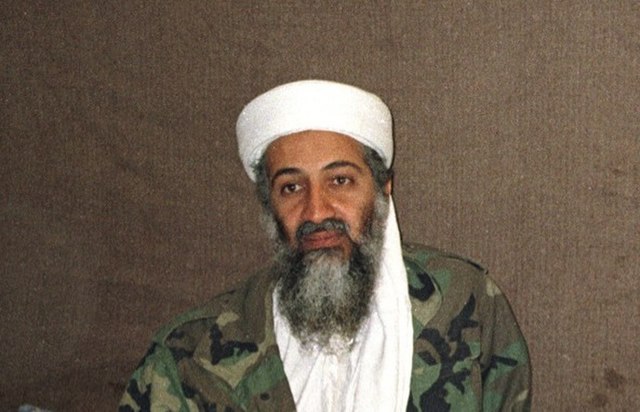
The mastermind of 9/11, Osama bin Laden, was an Islamic fundamentalist from a wealthy and influential family in Saudi Arabia. Disdainful of conservative Arab regimes and resentful of Western countries and Israel, he founded Al-Qaeda in 1988, when the 10-year Soviet occupation of Afghanistan was nearing its denouement.
By no coincidence, 15 of the Arab terrorists were Saudi nationals nurtured on Wahhabism, a doctrinaire form of Islam which considers Christians, Hindus and Jews infidels.
Bin Laden’s acolyte, Khalid Sheikh Mohammed, planned the operation in concert with four accomplices, Ammar al-Baluchi, Walid bin Attash, Ramzi bin al-Shibh and Mustafa al-Hawsawi. Having spent the past 15 years imprisoned at the U.S. naval base in Guantanamo Bay, Cuba, they will soon appear at a military tribunal to face justice.
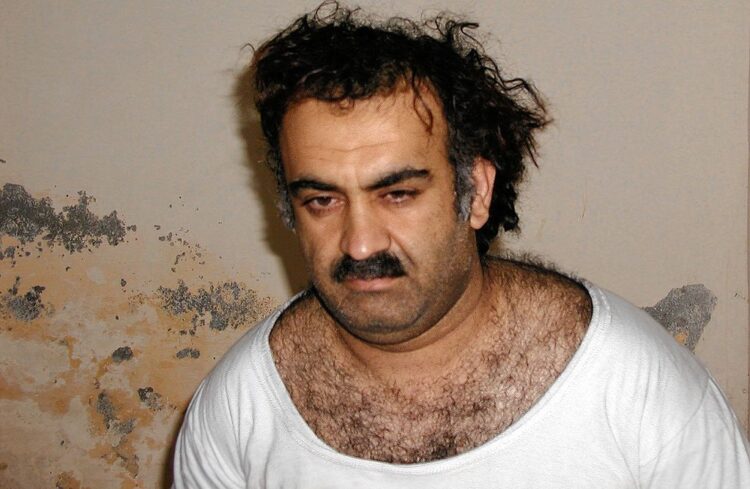
However, a special U.S. commission found no evidence that the Saudi government, an ally of the United States, or its senior officials had funded the hijackers.
The hijackings had immediate consequences.
U.S. President George W. Bush launched Operation Enduring Freedom on October 7, 2001 to unseat the Taliban regime in Afghanistan — a graveyard of empires and superpowers in the past 200 years — and uproot Al-Qaeda’s infrastructure there.
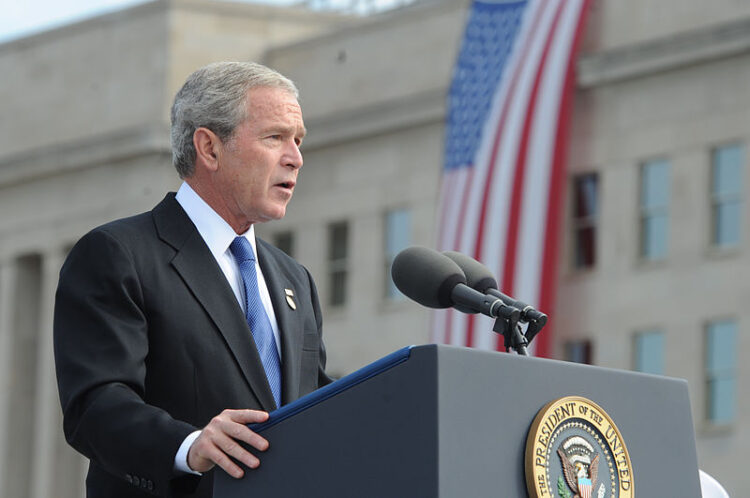
Al Qaeda leaders fled into Pakistan and neighboring countries, but Al-Qaeda itself was resilient. It survives through its affiliates in countries ranging from Somalia and Mali to Yemen and Nigeria.
By any yardstick, 9/11 had a profound effect on the American Muslim community, which condemned this unprecedented atrocity. Although Bush was careful not to single out Muslims for censure or opprobrium, they were often stigmatized by ordinary Americans and subjected to racism, profiling and monitoring by police and national intelligence agencies.
According to an Associated Press survey released earlier this month, 53 percent of Americans have unfavorable views of Islam, compared with 42 percent who have favorable ones.
Convinced that Iraqi President Saddam Hussein was an incubator of terrorism and harbored nuclear, biological and chemical weapons of mass destruction, the United States invaded Iraq in March 2003 in what would be the second Gulf War since 1991.
The U.S. occupation had far-reaching and, in some cases, unintended consequences.
It obliterated Saddam’s Baathist regime and condemned him to the gallows. It set off a homegrown, nation-wide insurgency spearheaded by disaffected Iraqi army officers and a Jordanian jihadist named Abu Musab al-Zarqawi, who was killed by an American air strike in 2006.
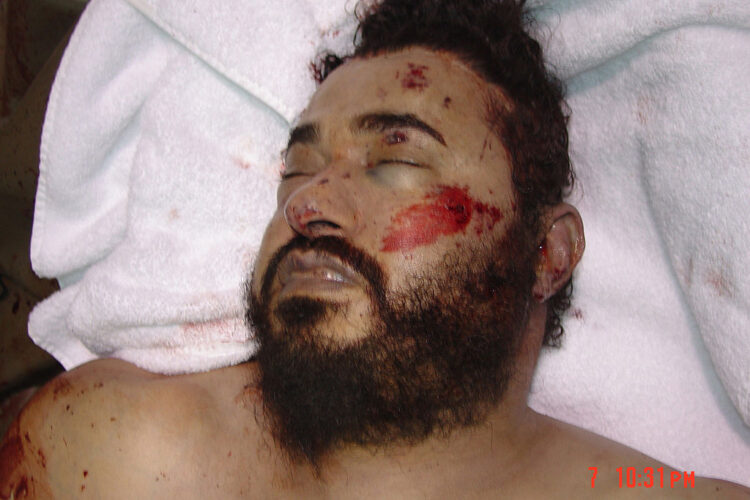
It also strengthened the influence of Iran — the preeminent Shi’a power in the Middle East — in Iraq, a predominantly Shi’a nation.
Bin Laden himself was assassinated in Pakistan in 2011 by U.S. commandos. Shortly afterward, the United States announced a phased withdrawal from Iraq, which has since strained to balance its relations with the United States and Iran, Washington’s regional nemesis now and then.
The resentment and anger spawned by the U.S. military intervention in Iraq gave rise to Islamic State. This militant organization attracted tens of thousands of starry-eyed recruits to its ranks, established a short-lived caliphate across wide swaths of Iraq and Syria between 2013 and 2017, and carried out a succession of suicide attacks in the Middle East and Europe. One of the worst ones unfolded in Paris on November 13, 2015, claiming the lives of 130 people.
While 9/11 temporarily united Americans in a show of patriotic zeal, a series of events, from the invasion of Iraq to the divisive presidency of Donald Trump, chipped away at this unity.
Last month, the United States unilaterally pulled out of Afghanistan in a chaotic withdrawal, thereby ending its longest war. Having lost more than 2,000 soldiers and having spent at least $1 trillion in prosecuting this seemingly endless war, the United States was almost back to square one.
The Taliban was in charge of governing Afghanistan once again, while Al Qaeda maintained a presence in 15 of its provinces. It is unlikely that the Taliban will allow jihadists to plot attacks on the West from its territory, but two decades after 9/11, the specter of Islamic radicalism still haunts the United States and its allies.
